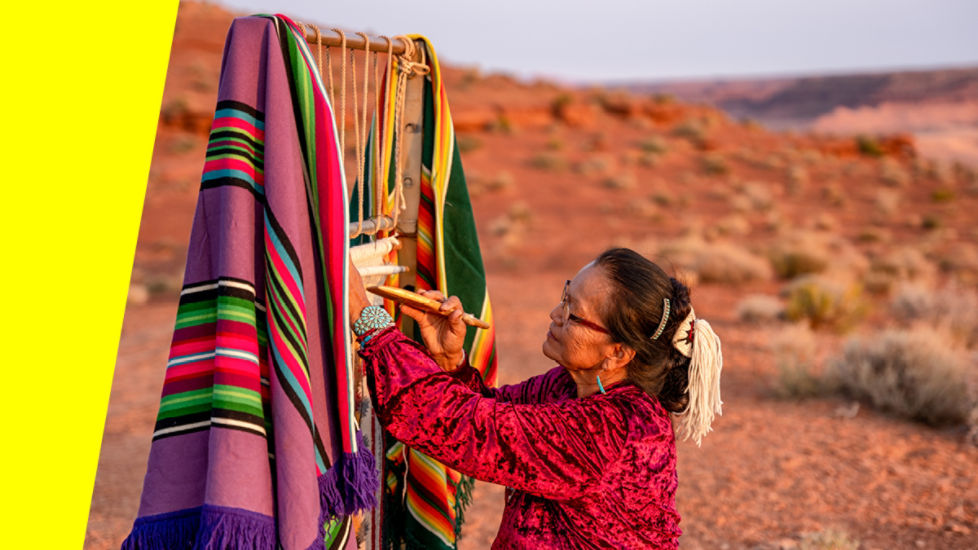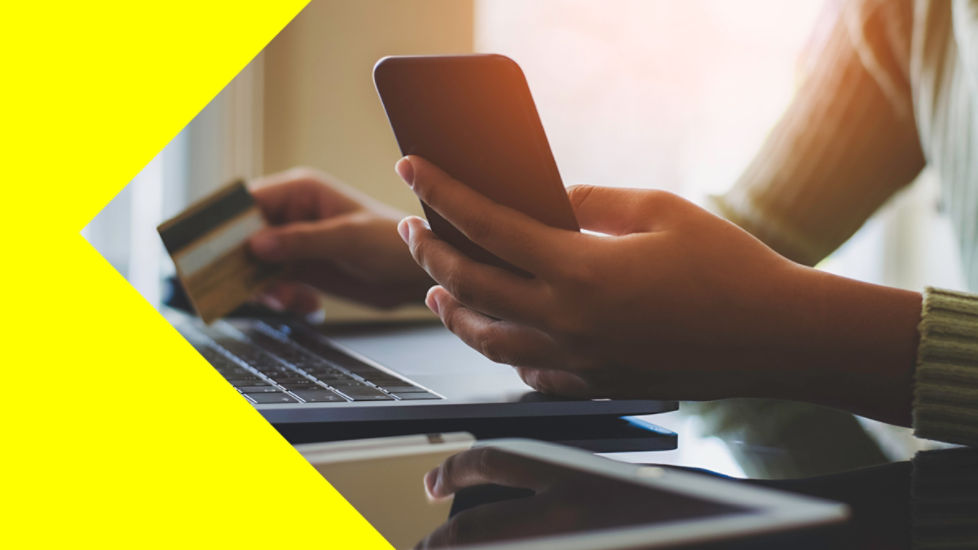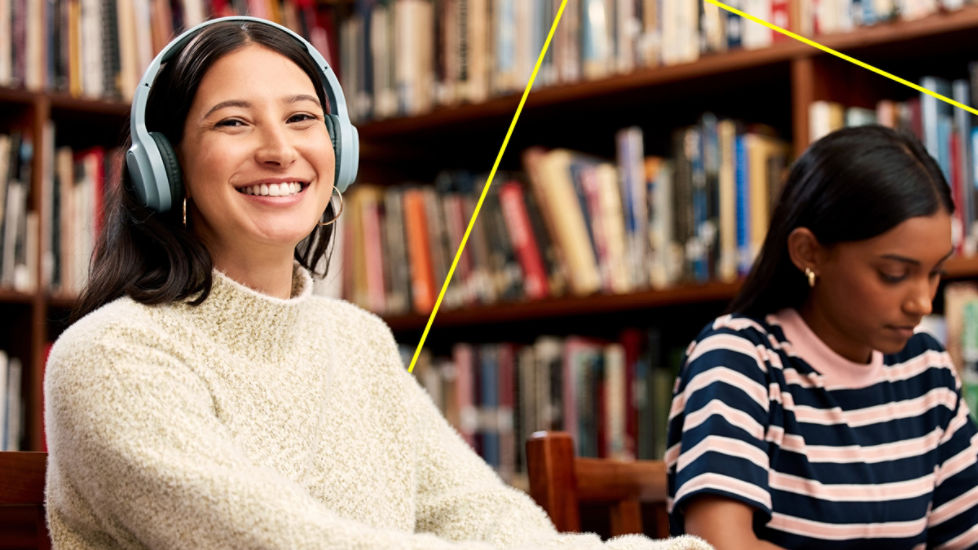There’s a huge focus on recycling and repurposing used goods – yet there’s very little being done to deal with products that are manufactured but go unsold. It’s a big issue. A recent report from Deloitte Access Economics found that the value of unsold household goods in Australia is $2.5billion per year.
Alison Covington is passionately obsessed with connecting charities with surplus goods that businesses don’t require, as well as raising awareness about the need for programs like hers.
Alison was driven to start the Australian chapter of Good360 a decade ago because she simply could not stand back and watch billions of dollars’ worth of perfectly usable goods go to waste. With her corporate background she had the skills to run the organisation and she gladly walked away from a successful career to do something she knew could make a real difference.
“When we have made something with the earth’s resources, there is an obligation to use it,” she says.
“Twenty-seven million items later, Good360 Australia is offering a solution for businesses and for charities and communities.”
Following recent fires, floods and droughts, Alison and her team have been able to connect people with brand new clothes, furniture and other non-food goods.
“There’s dignity in being able to provide brand new goods to people who need them.”
One of Alison’s goals is to remove the ‘secret shame’ in business of having product that cannot be sold.
“It doesn’t feel good to think as a business leader you got it wrong and made products that people won’t buy, but the truth is, it’s almost impossible to get it 100% correct. Sometimes we make things for summer, but summer turns out to be cool. Winter is warm. It rains when we weren’t expecting it. COVID comes and the store closes.”
Good360 Australia partners with 3,000 disadvantaged schools and charities and is an online marketplace that lets these organisations choose the goods they actually need in their communities. The Good360 website is set up for an online shopping experience and the registered users can fill a box or a pallet which can be delivered to their door, collected from the warehouse via Click and Collect or picked up from a local store such as BIG W.
Raising awareness, the most important goal
The biggest challenge Alison faces is that the cause simply does not have the profile of food rescue or recycling programs, and that means there is little government funding.
“Mostly it’s just me banging on a few doors. We don’t have significant funding. We’re just 30 people doing what we can. “We need scale in our funding to be able to accept more goods and help more Australians in need.”




